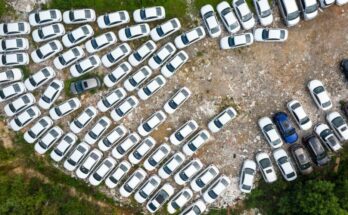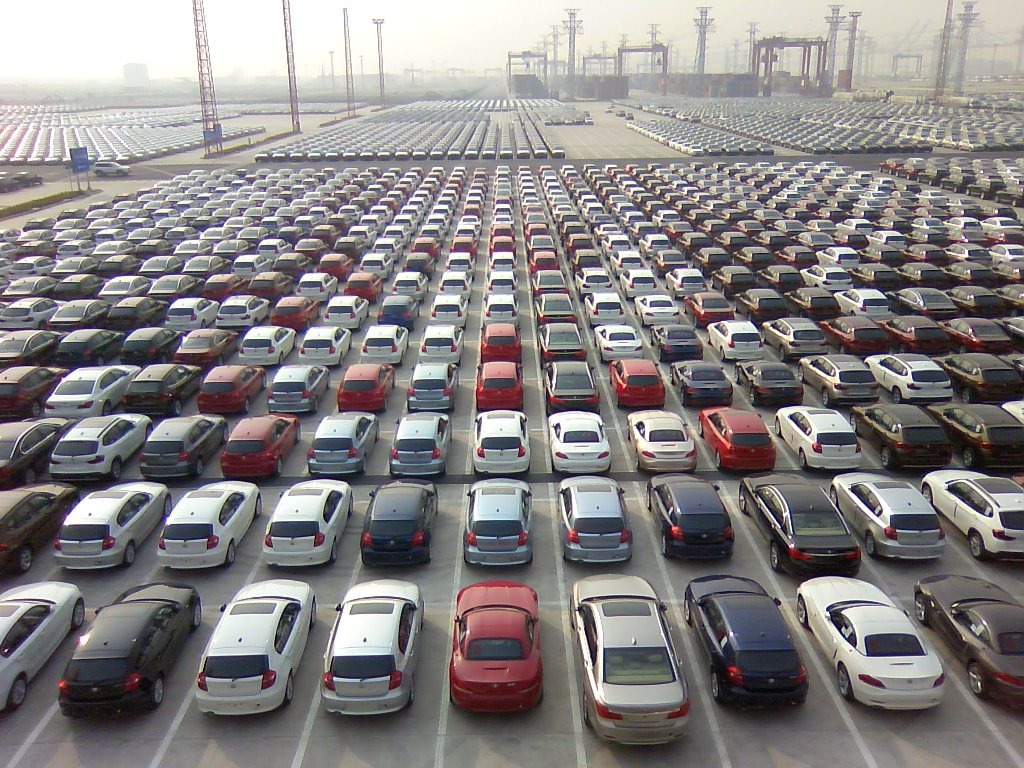The Federal Board of Revenue (FBR) has rejected the proposal from the Ministry of Industries to implement an 18% general sales tax (GST) on all locally assembled vehicles, warning of potential declines in tax collection and revenue.
The proposal, aimed at applying a uniform tax rate to all domestic auto manufacturers and assemblers, was intended to simplify the tax regime but faced opposition due to its potential economic implications. In deliberations, the Industries and Production Division had argued for an 18% GST across the board but advised against raising taxes on vehicles with engine capacities below 1,400cc. This proposal was presented at an Economic Coordination Committee (ECC) meeting as a measure to streamline the taxation on vehicles while ensuring a fair tax structure that does not favor any specific category or model.
Related: PAMA Calls for Reversal of 25% Sales Tax Hike
However, the FBR, citing obligations under the International Monetary Fund (IMF) standby arrangement, voiced concerns that the proposed tax rate reduction for certain vehicles, particularly sports utility vehicles (SUVs) and others presently taxed at 25%, would lead to a narrower tax base and consequent revenue losses.
In March 2023, the FBR increased the sales tax on luxury items, including certain vehicles, from the regular rate of 17% to 25% ad valorem in response to fiscal concerns and to promote economic stabilization. The decision to maintain higher tax rates for luxury vehicles was partly aimed at correcting market imbalances and providing competitive equality among different vehicle types.
In efforts to refine this policy, the FBR had proposed adjustments to the tax structure, suggesting that all locally manufactured vehicles costing over Rs4 million (excluding sales tax), regardless of engine capacity, be subject to a 25% GST. This was a modification from an earlier threshold of Rs5 million, intended to capture a broader range of luxury vehicles under the higher tax bracket.
Related: Auto Industry to Face the Music in Form of ‘Super Tax’
Further, the FBR outlined a tax strategy that maintains the 1,400cc engine capacity criterion for luxury taxation but introduces a price benchmark as an additional determinant for the application of the 25% GST. Vehicles below the 1,400cc threshold and priced under Rs4 million would be taxed at a standard rate of 18%, with exceptions made for vehicles under 850cc, which are eligible for a reduced 12.5% rate.
Hybrid electric vehicles continue to benefit from lower rates as specified in the Eighth Schedule of the Sales Tax Act 1990. The FBR estimates that the revised proposal would generate an additional revenue of Rs4.5 billion annually. The federal cabinet, following recommendations from the Cabinet Committee on Legislative Changes (CCLC), has directed the FBR to conduct a comprehensive internal assessment before finalizing the tax regime for locally manufactured vehicles.
Source: Pakistan Today

Responsible for delivering local & international automotive news.




